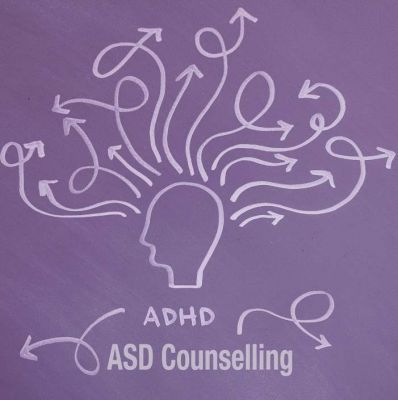A New, Bifurcated View of Autism Emerges in Genetic Research
October 20, 2025Autism diagnosed in early childhood is genetically distinct from autism diagnosed after age 10, according to a new study that identified two unique genetic profiles in early- and later-diagnosed autistic individuals.
The study, published in Nature, found that later-diagnosed autism had a more significant genetic correlation to ADHD, as well as mental health conditions including depression and post-traumatic stress disorder (PTSD).
This research challenges the assumption that autism is one single condition and highlights the heterogeneity of its causes, comorbidities, and manifestations.1The international study, led by a team of researchers from the University of Cambridge, reveals that the average genetic profile of an autistic individual diagnosed later in life is closer to that of someone with ADHD than it is to an autistic person diagnosed in early childhood.The research found that children diagnosed with autism before age 6 were more likely to present with behavioral difficulties, such as problems with social interactions, that stabilized over time.
However, individuals diagnosed with autism after age 10 experience worsening social and behavioral difficulties during adolescence, and they are more likely to merit an ADHD diagnosis as well.“The term ‘autism’ likely describes multiple conditions,” said senior author Varun Warrier, Ph.D., an associate professor of psychiatry and psychology at the University of Cambridge.
Read more on additudemag.com































